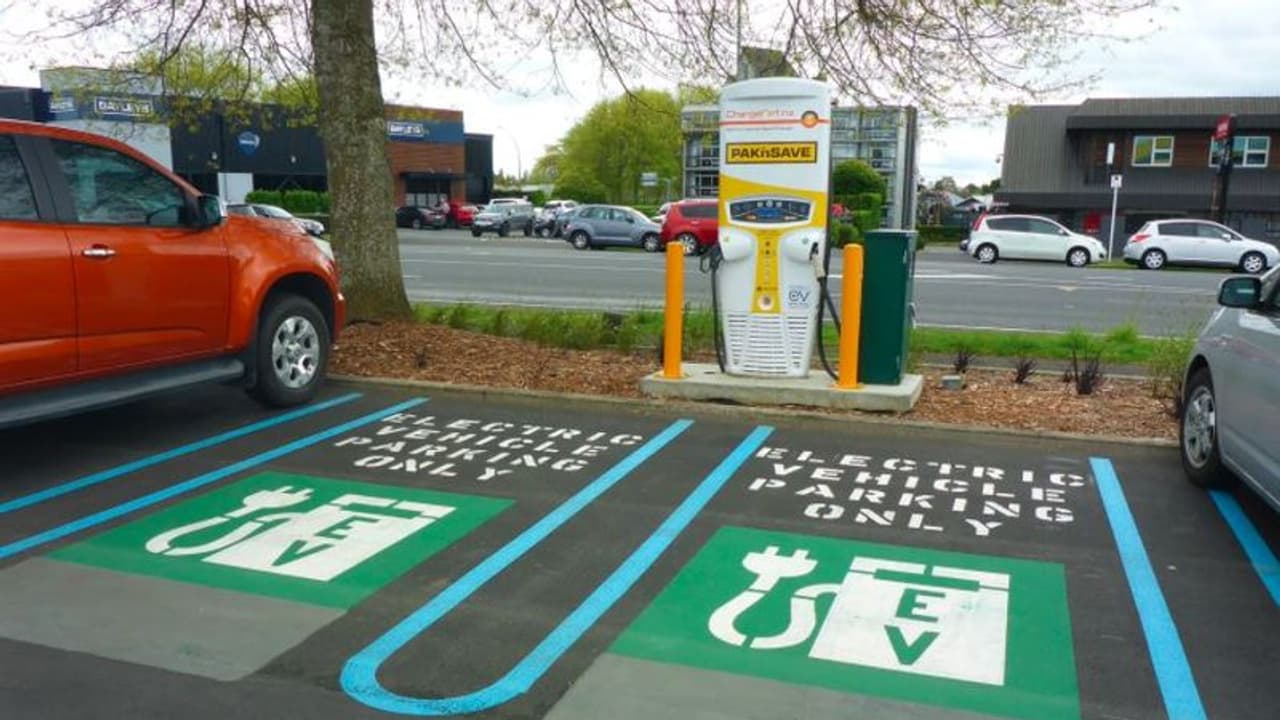With Renault in June, Mercedes-Benz in July, and Stellantis in August, to mention a few, 2021 has become the year when mainstream manufacturers have reinforced their goal to go "all-electric" and move further towards electrification.
The success of Tesla has driven almost all manufacturers to go all-electric by 2021, and the COP26 climate summit has provided a boost to projects for the supply of batteries, electric motors, and other components for a green future. With Renault in June, Mercedes-Benz in July, and Stellantis in August, to mention a few, 2021 has become the year when mainstream manufacturers have reinforced their goal to go "all-electric" and move further towards electrification.

According to market research firm Strategy Analytics, the supply of batteries, electric motors, power electronics, and other components involved with electrified powertrains, particularly battery-electric, will undergo a significant shift. According to Kevin Mak, a principal analyst in the Global Automotive Practice, mainstream automakers have lately worked with battery cell suppliers, electric motor developers, and semiconductor vendors to assure component supply and cutting-edge technologies. In addition to increasing manufacturing capacity, automakers are looking for battery cells with higher energy density and faster-charging capability.
Also Read | EV registrations picking up pace in Delhi; surpasses total number of CNG, hybrid-fuel vehicles registration
Because of tightened regulations (which might become stricter during COP26) and their desire to catch up to Tesla, the pace of electrification has accelerated. Another effect of this shift in OEM (original equipment manufacturer) strategy is that demand for hybrid powertrains will become more transient, falling in the long run when governments and states begin to prohibit the sale of new combustion engine-powered light cars.
According to the analysis, demand for combustion engines may peak in China, Europe, and North America as early as the mid-2020s as manufacturers prepare for an electric future.
As the need for immediate climate action grows, UN Secretary-General Antonio Guterres published a worldwide strategy to accomplish a profound transformation of energy access and transition by 2030 and contribute to net zero emissions by 2050.
Also Read | Odisha announces full tax exemption for electric vehicles, waives off registration fee
